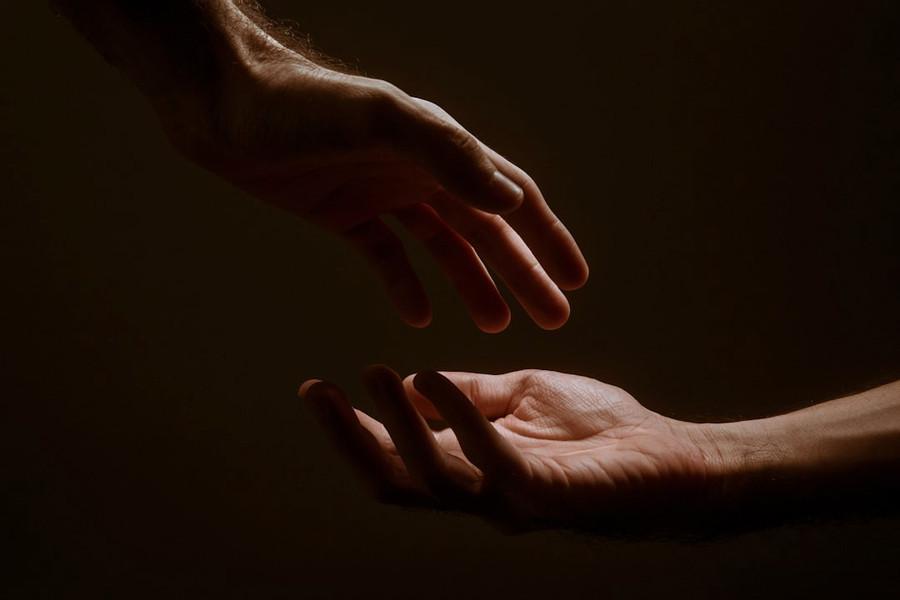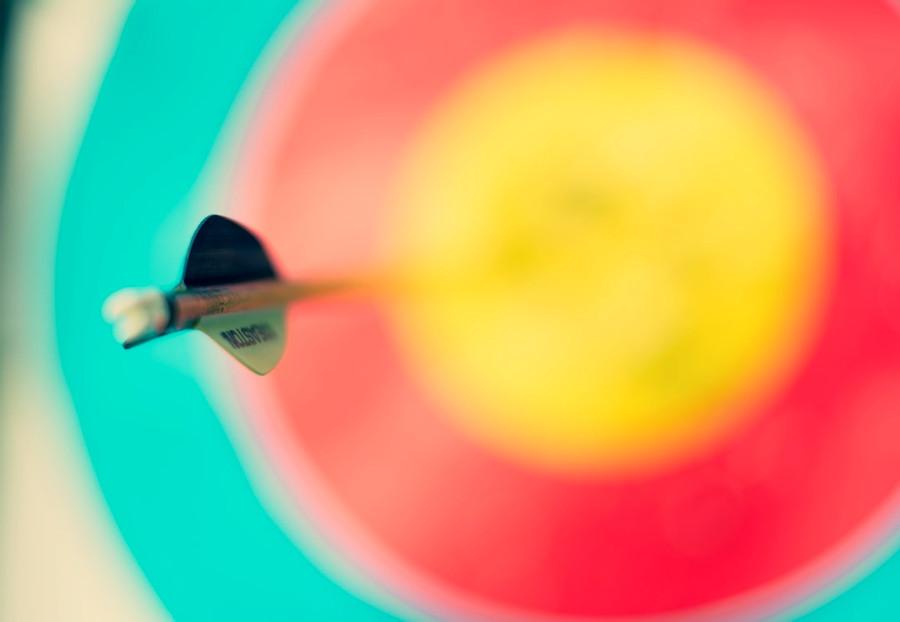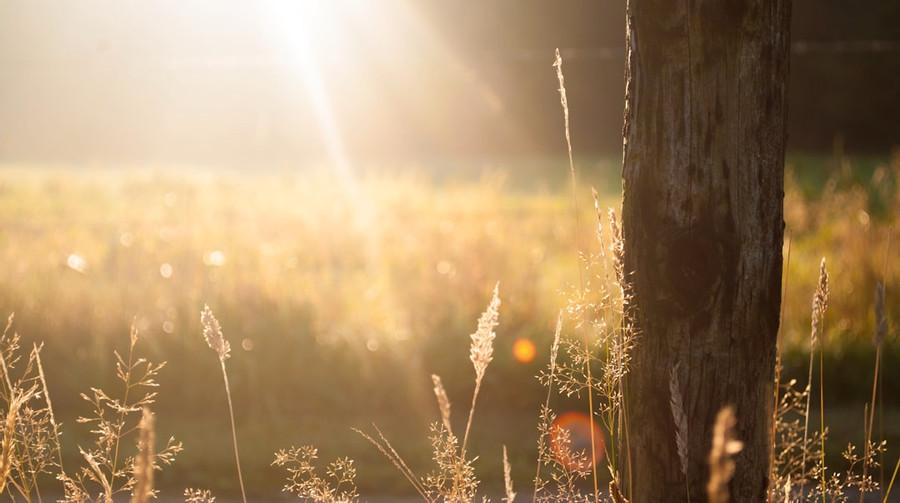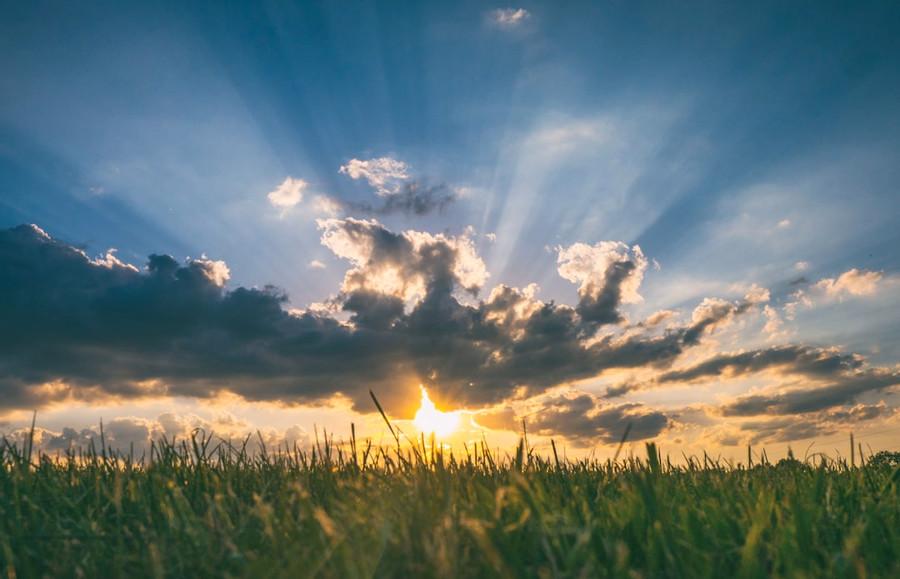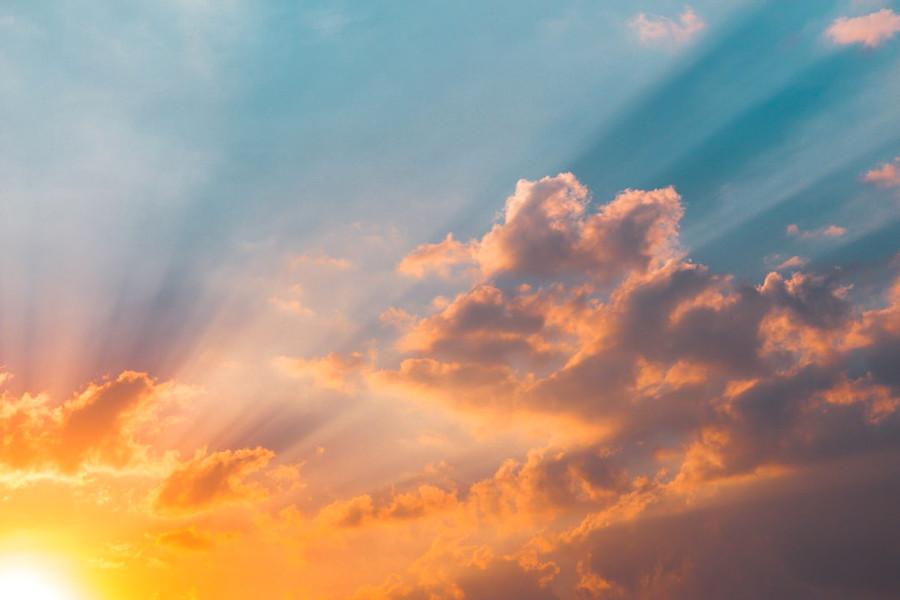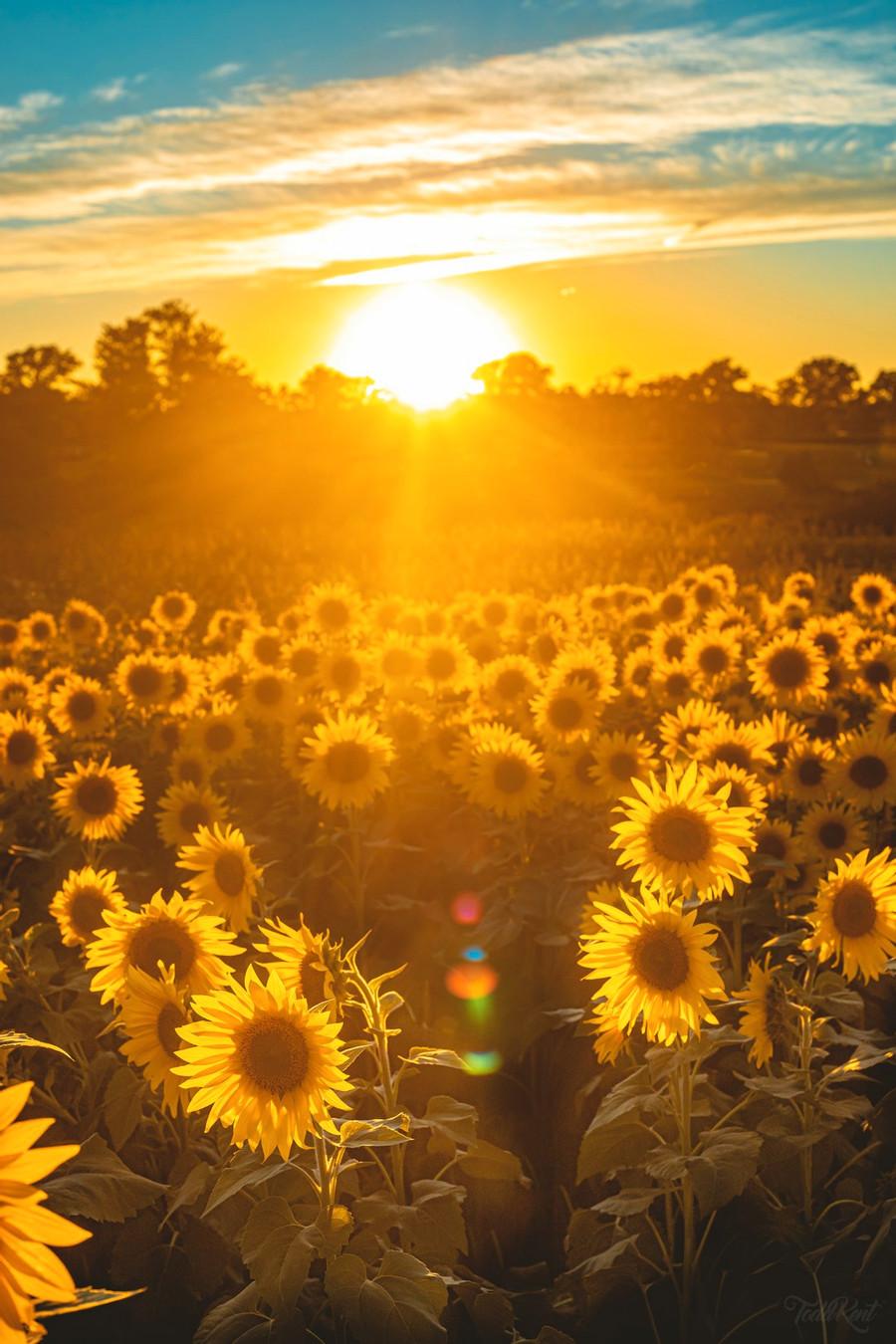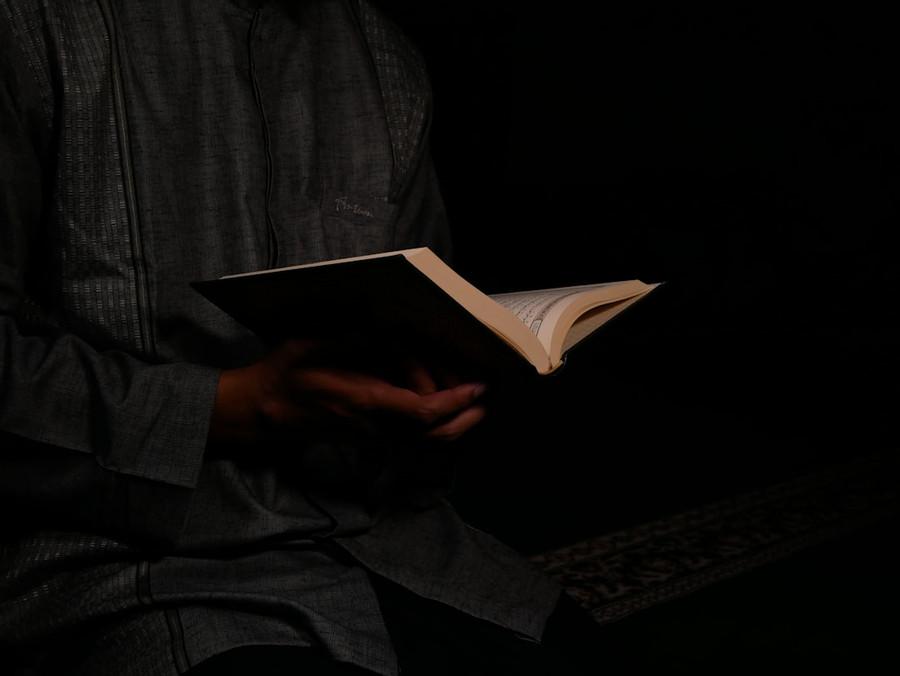Surah Duha Prayer | Secrets and Virtues for anxiety or depression
Curated from: quranoasis.com
Ideas, facts & insights covering these topics:
22 ideas
·1K reads
9
2
Explore the World's Best Ideas
Join today and uncover 100+ curated journeys from 50+ topics. Unlock access to our mobile app with extensive features.
Due to a lack of revelation, the Prophet PBUH fell into a depression and was about to give up all hope. These kinds of emotions are common in everyday life. There are instances when we cannot get up in the morning. In addition, we lack faith and pray distractedly.
We feel as if we have lost our connection to Allah. When we sense that Allah no longer loves us, we conclude that we aren’t good enough.
We will consider how Surat Duha gives us peace of mind.
11
88 reads
Lessons From Surah Duha
The Prophet Muhammad (ﷺ) received Surah Ad-Duha after six months without any revelation. The Prophet (ﷺ) was depressed and thought that Allah had forgotten him, disapproved of him, and no longer wanted him to be a Prophet.
These evil thoughts were alleviated and replaced with hope, positivism, and assurance that Allah is always there for him in Surah Ad-Duha.
11
74 reads
BE POSITIVE:
That’s what this Surah is all about, and that’s the most important lesson it teaches.
- Optimism is a virtue we must uphold as Muslims.
- Our ancestors did not intend for us to be a gloomy race.
- Our lives should be filled with hope for Allah’s help and mercy.
- Optimism and hope are essential ingredients in each activity we attempt.
- If we are serious and the endeavor is helpful to the ummah, we must have faith that Allah will support us.
- That mentality should be the driving force behind our efforts.
11
65 reads
BE THANKFUL:
- Allah reminded us of occasions in the past when He helped His Messenger so that we can keep our spirits up (peace be upon him).
- Many times in the past, Allah has given us prosperity and turned around a difficult circumstance in our own lives.
- Reminiscing about such occasions helps us remain hopeful that Allah will continue to provide for us in the future.
11
50 reads
BE GENEROUS:
- A believer’s goals are not selfish and materialistic. Instead, our goals should revolve around the aspirations of believers who aren’t self-centered and selfish.
- The Muslim world thrives because of the generosity of its people.
- Almighty Allah rewards those who give generously, and their wealth multiplies as a result.
- The person who gets the charity is also blessed and now has some money to help him go forward in his own life.
- Charity is a win/win scenario.
12
42 reads
CONTRIBUTE TO SOCIETY:
- A Muslim’s aim should be to raise and benefit the ummah, which necessitates having an ummah-centric attitude.
- Putting people first should be the ultimate goal of every endeavor.
- As long as our primary purpose is to help the ummah, Allah will reward us with Barakah for our work, companies, resources, and free time we devote to the cause.
12
36 reads
Tafseer of Surah Duha
1. Wad duhaa— By the morning brightness
“Wake up, look at the sunshine!” is the first thing you need to hear if you’re depressed. You only have to glance up to see that life is not all doom and gloom.
14
56 reads
2. Wal laili iza sajaa— And [by] the night when it covers with darkness,
Why does this aayah mention darkness right away? To serve as a gentle reminder that the night’s purpose is to protect, comfort, and rest us.
Therefore, we can use the night as a consolation to soothe our suffering, according to this aayah.
12
44 reads
4. Walal-aakhiratu khairul laka minal-oola— And the Hereafter is better for you than the first [life].
Depressed people often wonder: Is this all there is to life? Is there no hope for a brighter future?
As a solution to those inquiries, the verses of this aayah serve as a reminder that this world is just transient and that the hereafter awaits us in Aakhira.
As a result, we get a positive outlook on the challenges we face in this life and see them as tests of our faith in Allah.
12
39 reads
5. Wa la sawfa y’uteeka rabbuka fatarda— And your Lord is going to give you, and you will be satisfied.
As a guarantee from Allah, we can expect a colossal recompense (Jannah) shortly. Subhanallah!
Why else would this be the most comforting thing you could ever hear when you’re feeling low and fed up with the troubles of this world?
12
42 reads
6. Alam ya jidka yateeman fa aawaa – Did He not find you an orphan and give [you] refuge?
In the first part of the Surah, Allah gave us a cause to accept His statements and promises.
Understandably, many of us are asking ourselves, “How does this aayah concerning orphans connect to most of us Why do you think that a lot of people feel that way when they are unwell or alone?
The only person you had with you at the moment was whoever it was. Allah! He was the one who watched over you and helped you get through that difficult period of your life.
12
37 reads
7. Wa wa jadaka daal lan fahada— And He found you lost and guided [you].
As Muslims, how many of us have strayed from Islam in the past, even though we were born into it? Our hidaya was given to us by Allah, and it was He who guided us back to the straight road and Him, transforming us into good Muslims in the process. Alhamdulillah!
11
36 reads
8. Wa wa jadaka ‘aa-ilan fa aghnaa— And He found you poor and made [you] self-sufficient.
In our lives, the majority of us have likely experienced a lack of financial resources several times. However, in retrospect, we understand that the rizq that took us through those challenging economic times came solely from Allah.
To help those who are depressed, show them how Allah has helped them in the past.
This will reinforce their faith in Allah’s promises for them in this Surah.
11
33 reads
9. Fa is mal yateema fala taqhar — So as for the orphan, do not oppress [him].
Using this aayah is like taking an antidepressant every day.
People who are depressed are preoccupied with their circumstances and believe no one could be in a worse position.
When we’re feeling hopeless and down, this ayah encourages us to consider those in far worse positions. Orphans who have no family or loved ones and no one to care for them. Yet, we have loving families and parents who care about us, a place to live and food to eat, yet we perceive ourselves to be in a precarious position? Subhanallah!
11
34 reads
10. Wa am mas saa-ila fala tanhar— And as for the petitioner, do not repel [him].
Beggars serve as another reminder to us of the various material gifts Allah has bestowed upon us, such as food, clothes, and a place to sleep. The question is, how many of us have gone to bed hungry before? How many of us are without clothing? Have no place to call home?
The orphan and the beggar are two people whom we should continually remember to be grateful for the many gifts that Allah has bestowed upon us, overcome our feelings of melancholy, and rediscover our connection to Allah.
12
32 reads
11. Wa amma bi ne’mati rabbika fahad dith – But as for the favor of your Lord, report [it].
The last aayah encourages us to keep our restored trust and connection with Allah alive by meditating on, praising, and extolling His benefits. Whether it’s through halaqas, conversations with loved ones, or even preaching! There are several ways to maintain Allah’s name in your heart, such as dhikr, reading the Quran, and listening to lectures!
Inshallah, reading Surah Ad Duha and pondering its contents will revive your faith and strengthen your conviction in Allah’s grandeur and might.
12
33 reads
Surah Duha in which Para?
93rd Surah of the Qur’an, “The Morning Hours” (Arabic: الضحى ) is the meaning of this Surah.
In the Quran, surah ad duha is the 93rd Surah.
In total, there are 11 ayat (verses) in this Surah Ad Duha.
11
34 reads
English Translation of Surah Ad-Duha
- By the morning sunlight,
- And [by] the night when it covers with darkness,
- Your Lord [O Prophet] has not abandoned you, nor has He become hateful [of you].
- And the next life is certainly far better for you than this one.
- And your Lord will give you, and you will be satisfied.
- Did He not find you as an orphan then sheltered you?
- And He found you lost and guided [you],
- And He found you poor and made [you] self-sufficient.
- So as for the orphan, do not oppress [him].
- And as for the beggar, do not repel [him].
- And proclaim the blessings of your Lord
11
25 reads
Surah Duha Arabic
وَالضُّحَى
وَاللَّيْلِ إِذَا سَجَى
مَا وَدَّعَكَ رَبُّكَ وَمَا قَلَى
وَلَلآخِرَةُ خَيْرٌ لَّكَ مِنَ الأُولَى
وَلَسَوْفَ يُعْطِيكَ رَبُّكَ فَتَرْضَى
أَلَمْ يَجِدْكَ يَتِيمًا فَآوَى
وَوَجَدَكَ ضَالًّا فَهَدَى
وَوَجَدَكَ عَائِلا فَأَغْنَى
فَأَمَّا الْيَتِيمَ فَلا تَقْهَرْ
وَأَمَّا السَّائِلَ فَلا تَنْهَرْ
وَأَمَّا بِنِعْمَةِ رَبِّكَ فَحَدِّثْ
11
20 reads
Transliteration of Surah Ad-Dhuha
- Wad duhaa
- Wal laili izha sajaa
- Ma wad da’aka rabbuka wa ma qalaa
- Walal-aakhiratu khairul laka minal-oola
- Wa la sawfa y’uteeka rabbuka fatarda
- Alam ya jidka yateeman fa aawaa
- Wa wa jadaka daal lan fahada
- Wa wa jadaka ‘aa-ilan fa aghnaa
- Fa am mal yateema fala taqhar
- Wa am mas saa-ila fala tanhar
- Wa amma bi ni’mati rabbika fahad dith
11
27 reads
IDEAS CURATED BY
Similar ideas
3 ideas
Why Ramadan is the most sacred month in Islamic culture
nationalgeographic.com
6 ideas
A brief history of Ramadan
historyextra.com
6 ideas
What is Eid al-Fitr and how do Muslims celebrate it?
theconversation.com
Read & Learn
20x Faster
without
deepstash
with
deepstash
with
deepstash
Personalized microlearning
—
100+ Learning Journeys
—
Access to 200,000+ ideas
—
Access to the mobile app
—
Unlimited idea saving
—
—
Unlimited history
—
—
Unlimited listening to ideas
—
—
Downloading & offline access
—
—
Supercharge your mind with one idea per day
Enter your email and spend 1 minute every day to learn something new.
I agree to receive email updates



